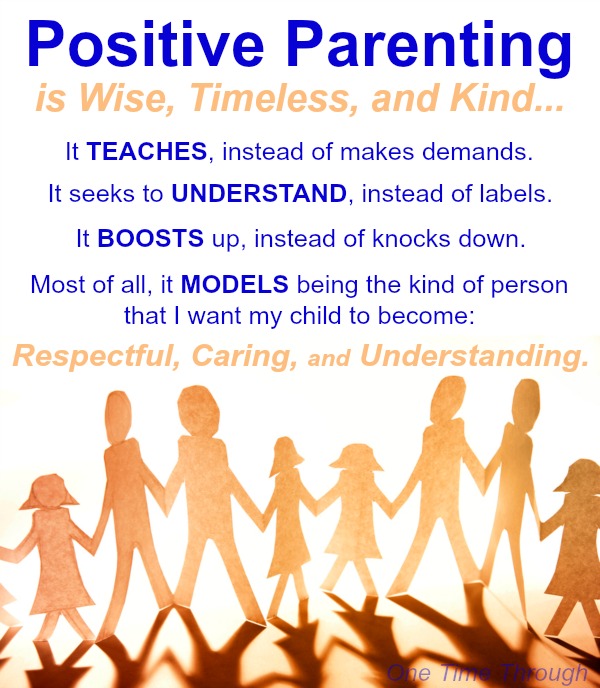“Train up a child in the way he should go and he will not depart from it.” Training means talking about what happened and learning the value of better choices. Training is not shaming. It does not avoid discipline, but takes discipline to a whole new level. Teachable moments come in all shapes and sizes. Sometimes we forewarn before an event takes place, “Sin is crouching at the door. That sin will want to control you, but you must control it,” instructed a concerned heavenly father (Genesis 4:7). Sometimes we redirect after the kid’s mishap leaves him devastated, “from Your face I will be hidden… and whoever finds me will kill me,” the heavenly father reassures, “Not, so!” (Genesis 4:14-15).
“Train up a child in the way he should go and he will not depart from it.”
Solomon, Proverbs 22.6
Sometimes we don’t always have the right words and we have to come back to an issue several times before we nail it on the head.
Sometimes the child has to test the limits to understand where the boundaries are.
Sometimes a child has to experience their own consequences in order to fully understand the value of the rules. (A special note on the paradise that is toddlerhood: The book Perelandra makes a great case for how impossible it would have been for Eve in the garden of eden to even comprehend the meaning of death while living in paradise and never experiencing anything negative: emotions, thoughts, consequences, separations, etc… Death? What’s that? While we can describe our values and reasoning to a toddler it may be a little fuzzy in their mind until they have to live with the consequences of their own actions a few times.)
Critical thinking is a lifetime challenge for parents and the children they are training. Occasionally slam articles crop up against positive parenting, and more and more I’ve become aware that the biggest opponents are confused about what they are opposing. They lump positive parenting with families who let the kids rule the roost. Positive parenting doesn’t ask “Do you want to do this?” (yes or no). It says “We’re doing this, but your concerns on the matter are valid.” Meanwhile, I’m all too aware that despite my values I also have occasions of ‘parent fail,’ but in retrospect those are the moments I’m not upholding the principles of positive parenting so it only reinforces for me the effectiveness of these eternal values even though I have fallen short of applying them perfectly.
If you’re curious about transforming your discipline time into teachable moments there are plenty of great uplifting articles out there. Just keep your intentions in the forefront as you discipline: my goal is not to shame, but to train and to teach how to make better choices in the future.
This image captures my positivity, and there is an entire article attached to it called “Best Comebacks to Defend Positive Parenting” by for those of you who want to click through. My only regret is her use of bold and capitals that comes across a bit strong and I really think it does her a disservice perhaps even betrays our shared principles listed above. 🙁 But for those friends out there who get flustered when questions arise, the list is thorough, so there’s the link for you.

